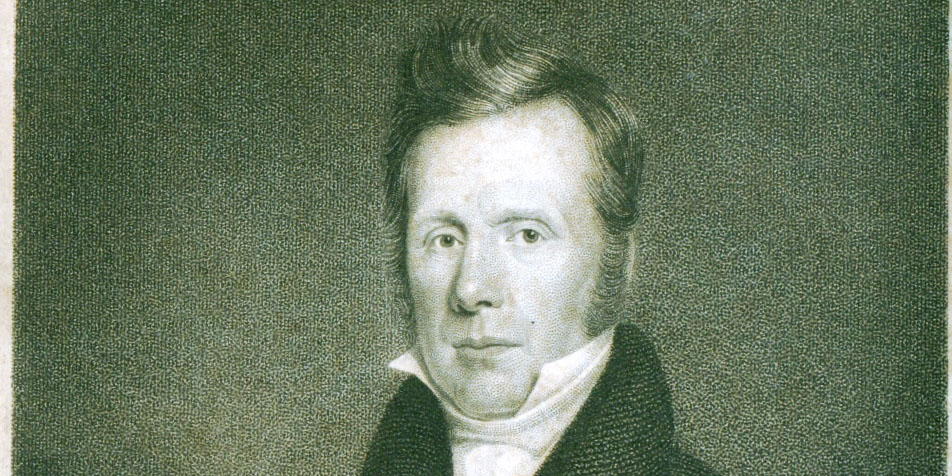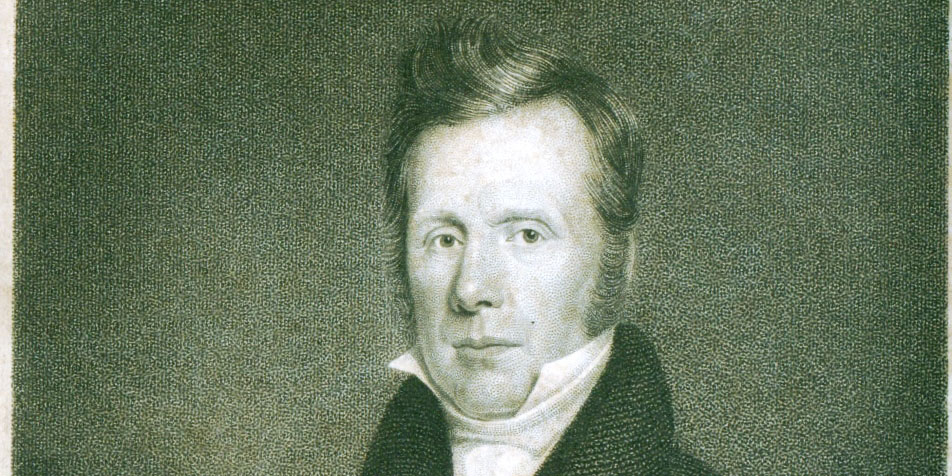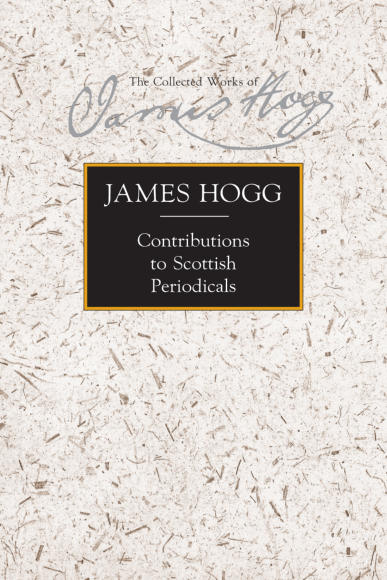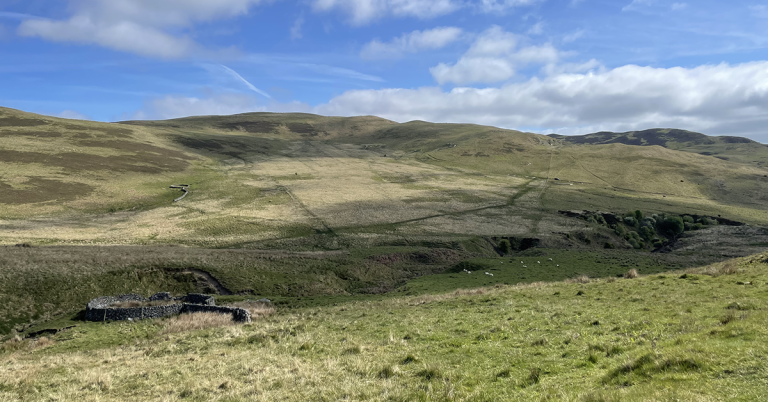
by Graham Tulloch

When Judy King and I were invited to edit James Hogg’s contributions to Scottish periodicals for the Stirling/South Carolina Edition of the Works of James Hogg we were of course delighted to have the chance to do more work on an author we love (both as a man and as a writer). Yet I must confess we did rather suspect this might be a volume of leftovers, a set of pieces that Hogg had chosen not to include in any of the various collections he published and which therefore might not matter much to him.
How wrong we were!
What Hogg Got from Scottish Periodicals
What we quickly realised once we started working on the volume is just how important Scottish periodicals were to Hogg throughout his career. After all he began his writing as a published author with contributions to the Scots Magazine and he continued publishing in Scottish periodicals up to the very end.
Periodicals were vital to Hogg in improving his writing skills and in promoting himself as a major writer of the period. He seized on opportunities to write in newspapers and weeklies like the Edinburgh Literary Journal for which he was not paid but he also kept an eye out for any possible publishing outlet—not just literary magazines but also agricultural journals and annual volumes like Walter Scott’s Edinburgh Annual Register. Anything to get his name and his work out there.
Not Just Blackwood’s
Hogg’s favourite outlet was undoubtedly Blackwood’s Edinburgh Magazine even though he had an uneasy relationship with Blackwood the proprietor and John Wilson the editor. His contributions to Blackwood’s are in another volume of the Stirling/South Carolina Edition but it turns out that Blackwood’s was not always Hogg’s first choice—he made a deliberate choice to write for other periodicals when they were a better fit for his material.
Sometimes he offered the material first to Blackwood’s and then placed it elsewhere after it was rejected. But rejection could spur him on to new creativity. He wrote a collection of ‘songs for the balloon’ for a projected piece by Wilson but Wilson did not use them so he took them back and created a new and hilarious story around them, ‘Dr David Dale’s Account of a Grand Aerial Voyage’. Incidentally this story includes travel through space up towards the moon and back. Hogg was fascinated by the idea of flight in space long before it actually became possible. His love of exploration (another favourite topic) taken to new heights!
Things That Were Important to Hogg
We also quickly realised that all these pieces did in fact matter a lot to him. Even relatively humdrum pieces about the border games he organised near his home or the Duke of Buccleuch’s Carterhaugh Show were important to him. He was very proud of the games which he had organised for a number of years and his attendance at the Show marked his arrival in the Yarrow valley as a tenant of the duke’s.
Scottish periodicals also offered him a chance to write about some of his favourite themes, like the Forty-Five. Hogg was particularly interested in the terrible aftermath of the rising in the following year. We can see this interest in the title of ‘A Story of the Forty-Six’ although he treated even these tragic events with a typical mixture of comedy and pathos.
In the same way the Edinburgh Magazine offered him a chance to publish more Jacobite songs to add to his previous two collections. They included some he had written himself which he passed off as genuine and produced a comical account of how these songs came into his hands. Hogg loved presenting himself as someone else, often with plenty of circumstantial detail to support the pretence. He even created a fictitious poet, David Tweedie, so he could have a poetic correspondence with him in the Edinburgh Literary Journal.
Another favourite topic of Hogg’s was the supernatural, as in his stories ‘Grizel Graham’ and ‘A Story of the Black Art’. Having grown up in Ettrickdale listening to his mother’s stories of supernatural events, Hogg felt this was his special theme and he handled it with a clever mixture of scepticism and apparent belief. Also prominent, in accounts of their anniversary celebrations, is Hogg’s love of Burns and Shakespeare.
Short Stories and Songs and a Lot More As Well
Walter Scott’s short stories were constantly reprinted in the endless series of new editions of his works during the century after his death and they became better known than Hogg’s but Hogg was equally a master of the short story. This volume helps us recognise him as a pioneer in the genre, an innovator at a time when this form was first developing. He also took special pride in his skill as a song writer and some of his songs proved to be very popular.
Poems and songs, short stories and letters to the editor, accounts of his travels and book reviews, anecdotes and reminiscences—the volume illustrates the sheer versatility of his work and the exuberance of his imagination.
What we thought might prove to be a meal of leftovers turned out to be a veritable feast of richly varied dishes.

About the Author
Graham Tulloch edits Scottish and Australian literary texts and writes about Scottish language and literature. He taught Scottish and English literature at Flinders University until his retirement in 2013. With Judy King he edited James Hogg’s The Three Perils of Man.
About the Book
James Hogg’s contributions to Scottish periodicals from 1810 onwards as they appeared in their original form. he volume provides examples of the range and diversity of themes, genres and styles found in Hogg’s work from the time when he first came to live in Edinburgh to try and establish himself as an author in 1810 till the time of his death.






